Kenya seeks BRICS membership to strengthen global influence
- Update Time : Saturday, January 11, 2025
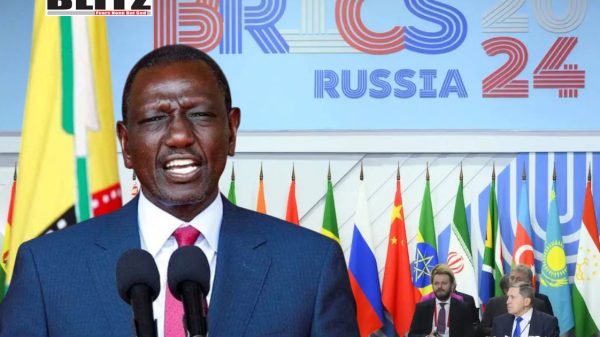
In November 2023, Kenyan President William Ruto made headlines when he expressed the country’s desire to join BRICS during a visit by Li Xi, a senior official in the Chinese Communist Party. This declaration underscored Kenya’s intent to pivot toward a new global economic bloc, one that promises opportunities for economic growth and enhanced geopolitical standing. By aligning with BRICS, Kenya aims to join a group that includes influential economies such as Brazil, Russia, India, China, and South Africa. But what drives a traditional ally of the West to seek membership in this alternative bloc?
The desire to join BRICS reflects Kenya’s growing ambition to reduce its dependence on Western financial systems and influence. According to John Mbiti, a researcher at the Kenya Institute of Public Policy Research and Analysis (KIPPRA), BRICS presents a powerful alternative to the Western-dominated global order.
“The world’s geopolitics are shifting,” Mbiti observes, “and nations like Kenya are keen on aligning with blocs that guarantee their political and economic interests.” Historically, many African nations have relied on Western-controlled financial institutions like the International Monetary Fund (IMF) and the World Bank, often facing stringent loan conditions. In contrast, BRICS offers more favorable terms through its New Development Bank (NDB), providing an attractive alternative for countries seeking greater fiscal autonomy.
Mbiti highlights that Kenya’s alignment with BRICS could provide access to flexible credit facilities and a broader economic network. By joining BRICS, Kenya aims to reduce its reliance on Western financial institutions, which have often imposed restrictive policies. This shift could enable Kenya to secure better trade arrangements, attract foreign investment, and accelerate the modernization of its infrastructure.
Kenya’s mounting public debt, currently estimated at $81.5 billion, is another pressing concern. Global governance expert Dr. Christopher Otieno argues that BRICS could offer a lifeline for Kenya’s strained economy.
“Kenya needs flexible financing models that do not place undue burdens on its economy,” Otieno explains. “BRICS is likely to provide alternative financing options with fewer restrictions compared to the IMF and World Bank.”
Otieno adds that such financing models could help Kenya manage its debt more effectively while fostering economic initiatives and social development projects. Membership in BRICS could also enhance Kenya’s bilateral trade relationships with leading member states like Russia, China, and India. These countries offer vast markets for Kenyan exports, particularly in agriculture, where products such as tea, coffee, and horticultural goods could find greater demand.
Joining BRICS would open Kenya to immense economic opportunities. The bloc’s collective GDP accounts for over 36% of the global total, according to the US Global Investors Group. Access to this vast market could significantly boost Kenya’s trade balance and create jobs, especially in the agricultural sector, which supports millions of livelihoods.
Beyond trade, BRICS offers a platform for investment and technological collaboration. Kenya could benefit from China’s and Russia’s expertise in infrastructure development, enabling the country to modernize its transportation, energy, and communication networks. Such advancements are crucial for Kenya’s long-term economic growth and competitiveness.
Beyond economic gains, Kenya’s BRICS membership could elevate its diplomatic stature. Dr. Faith Gichuhi, a diplomacy lecturer at the University of Nairobi, believes that joining the bloc would position Kenya as a leading voice for the Global South.
“BRICS has become a powerful defender of developing nations,” Gichuhi notes. “Kenya’s membership would provide a platform to advocate for reforms in international institutions and promote issues like climate action, conflict resolution, and fair trade.”
President Ruto has previously aligned with China on several global issues, including the need to reform the United Nations Security Council. BRICS membership would further support Kenya’s calls for more inclusive global governance and provide a forum to resist what Ruto describes as the misuse of democracy and human rights rhetoric to justify undemocratic regime changes.
However, Gichuhi warns that Kenya’s decision could provoke hostile reactions from its Western allies. The West’s growing concern over China’s and Russia’s influence in Africa may lead to increased scrutiny of Kenya’s foreign policy and economic partnerships. Navigating this delicate geopolitical balance will require diplomatic finesse.
Kenya’s interest in BRICS is part of a broader trend among African nations seeking to diversify their global partnerships. In recent years, BRICS has expanded its reach in Africa, with Egypt and Ethiopia becoming members and countries like Algeria, Nigeria, and Uganda gaining partner status. This growing presence reflects the bloc’s appeal to nations eager to reduce their dependence on Western powers.
In May 2023, President Ruto hosted Russian Foreign Minister Sergey Lavrov in Nairobi, signaling Kenya’s intent to deepen ties with Moscow. During the visit, Ruto emphasized the need to enhance trade volumes between the two countries, further underscoring Kenya’s strategic pivot toward BRICS.
Dr. Otieno concludes, “With changing geopolitics, leading African economies are shifting their focus eastward. BRICS offers an alternative model that resonates with the aspirations of many developing nations.”
Despite its potential benefits, Kenya’s BRICS membership would not be without challenges. The country’s Western allies, particularly the United States and the European Union, may perceive this move as a threat to their influence in East Africa. Such tensions could affect Kenya’s access to Western markets and development aid.
Moreover, BRICS itself faces internal challenges, including divergent economic policies and geopolitical interests among its member states. For Kenya, navigating these complexities while leveraging the bloc’s advantages will require careful planning and robust diplomacy.
Kenya’s aspiration to join BRICS marks a significant shift in its foreign policy, driven by the desire for economic growth, debt relief, and enhanced global standing. By aligning with a bloc that champions the interests of the Global South, Kenya seeks to break free from Western economic dominance and carve out a more independent role in the international arena. While challenges remain, the potential benefits of BRICS membership-from improved trade and investment opportunities to greater diplomatic influence-make this an attractive prospect for Kenya as it navigates the complexities of modern geopolitics.


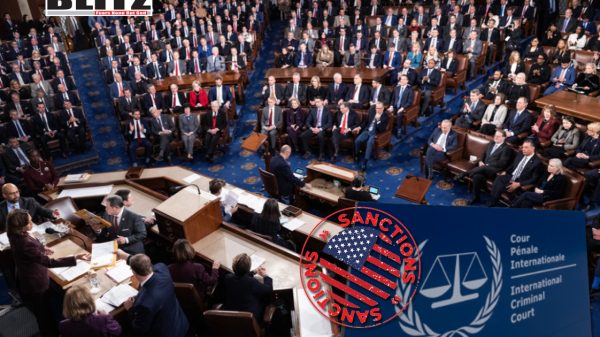




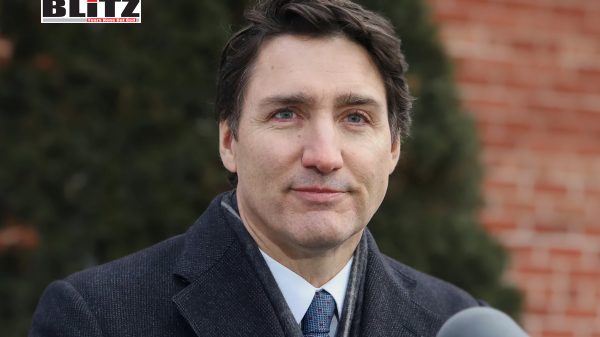
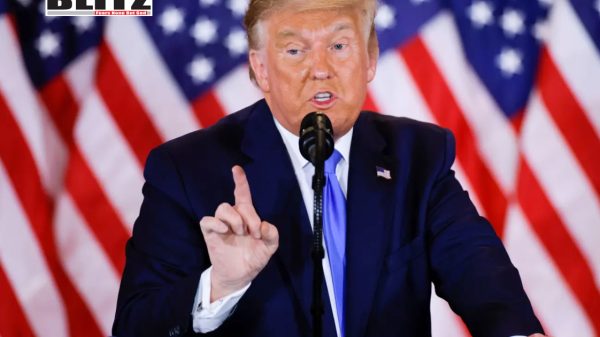
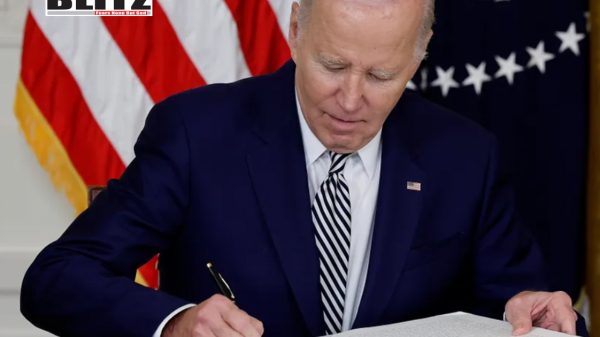


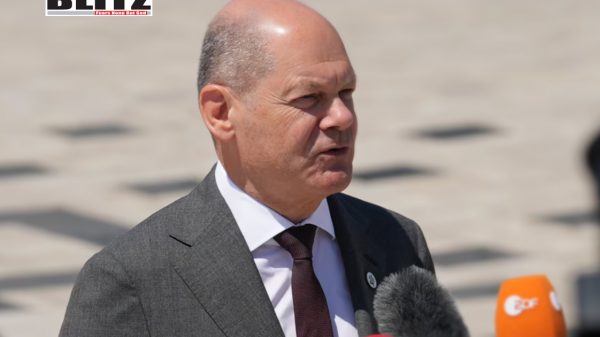
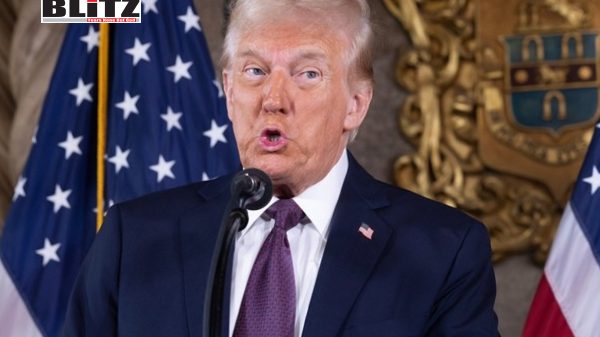
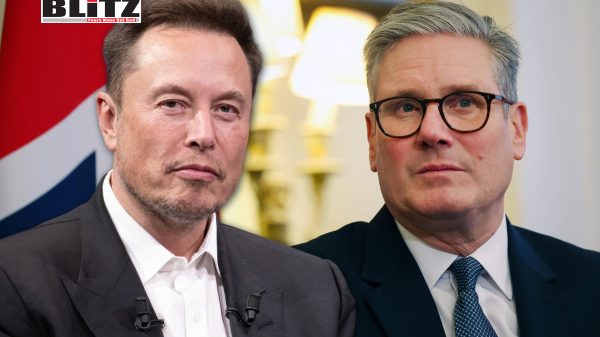

Leave a Reply